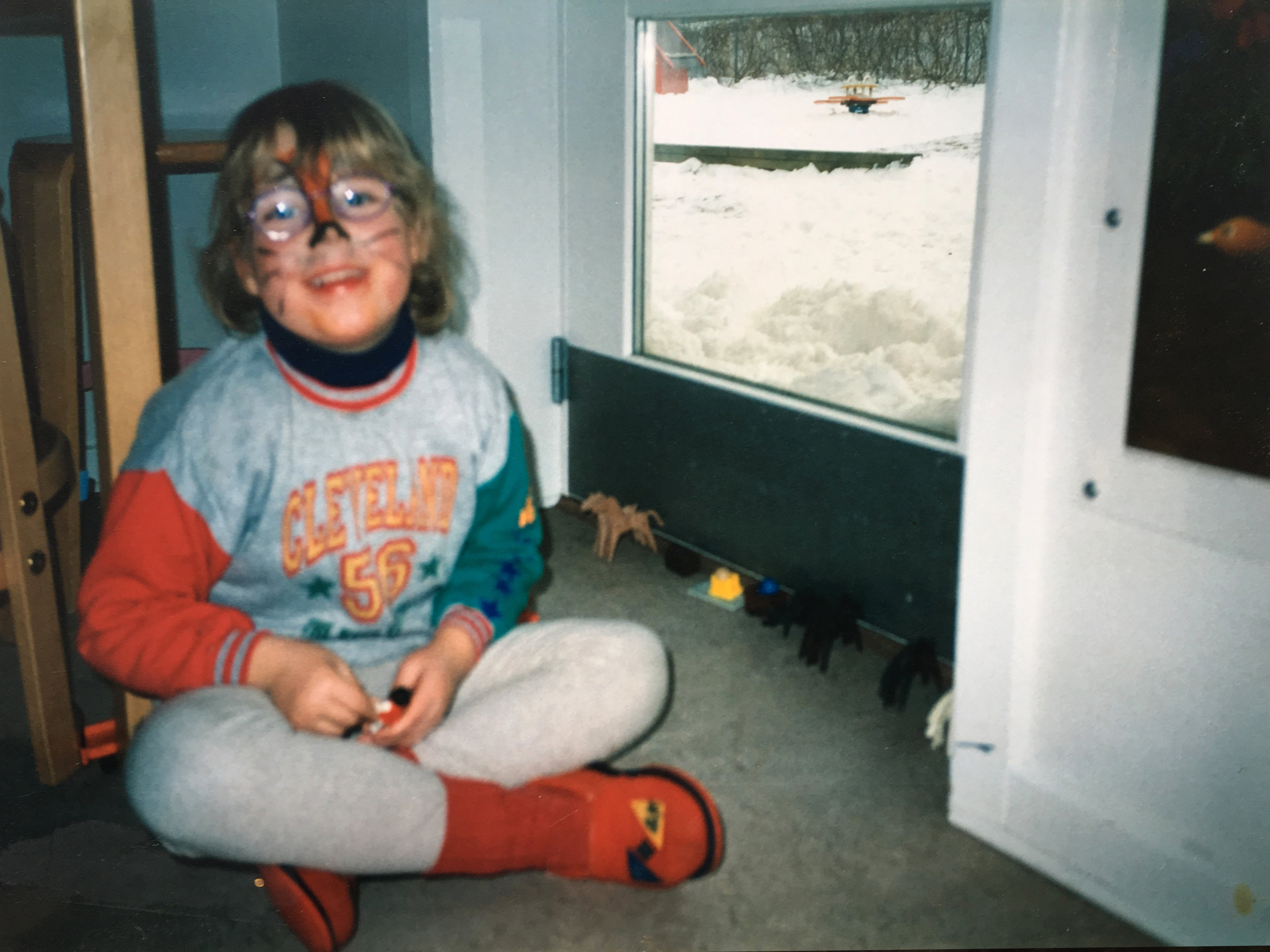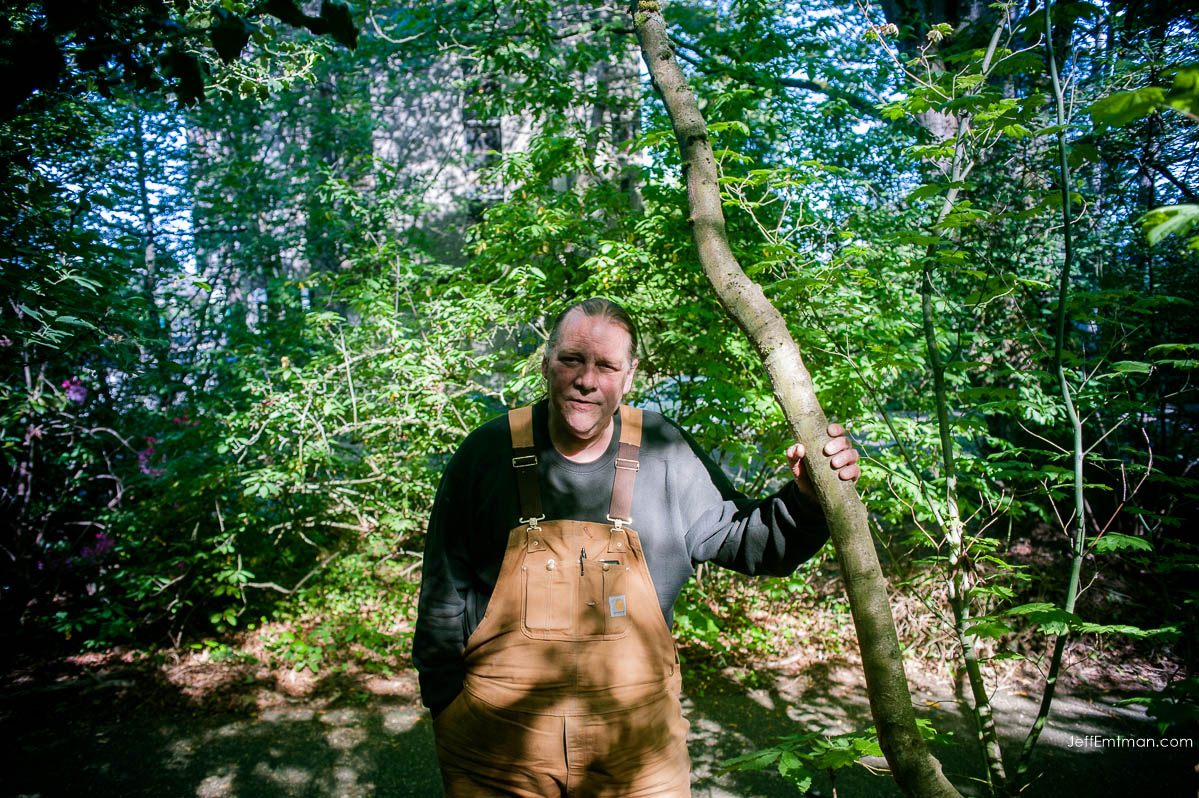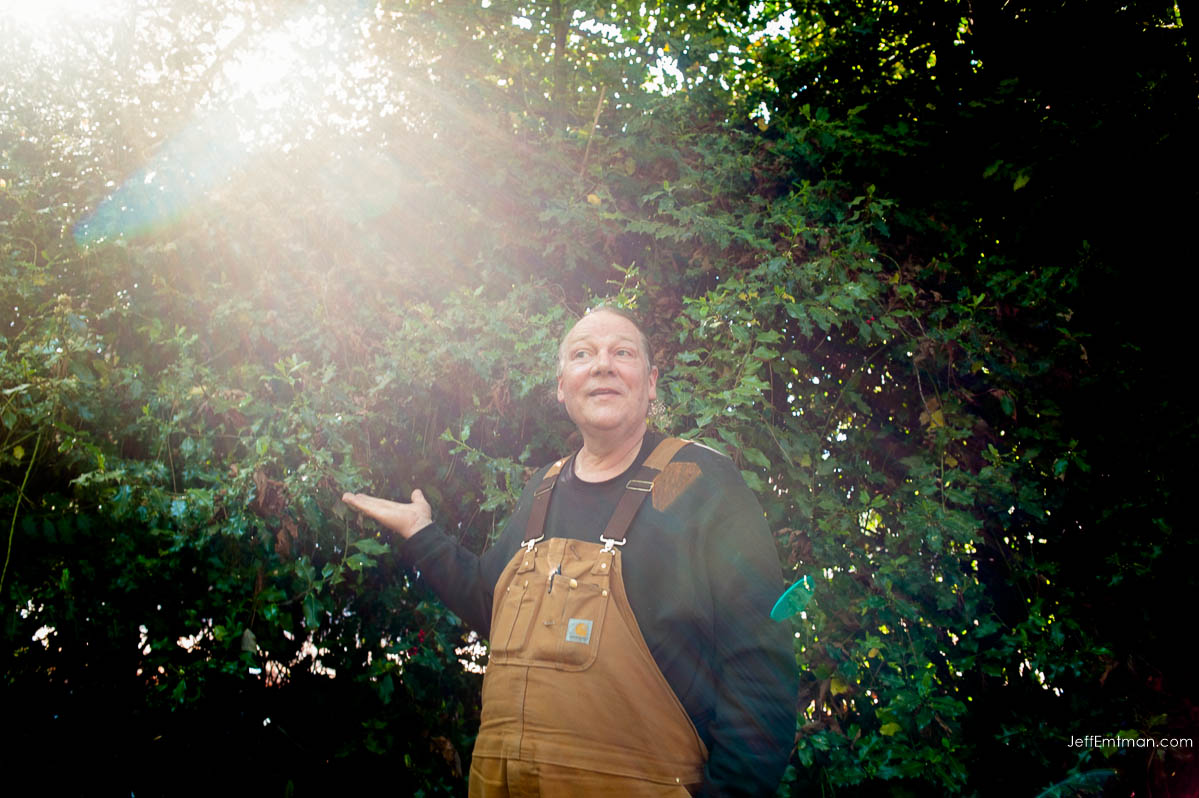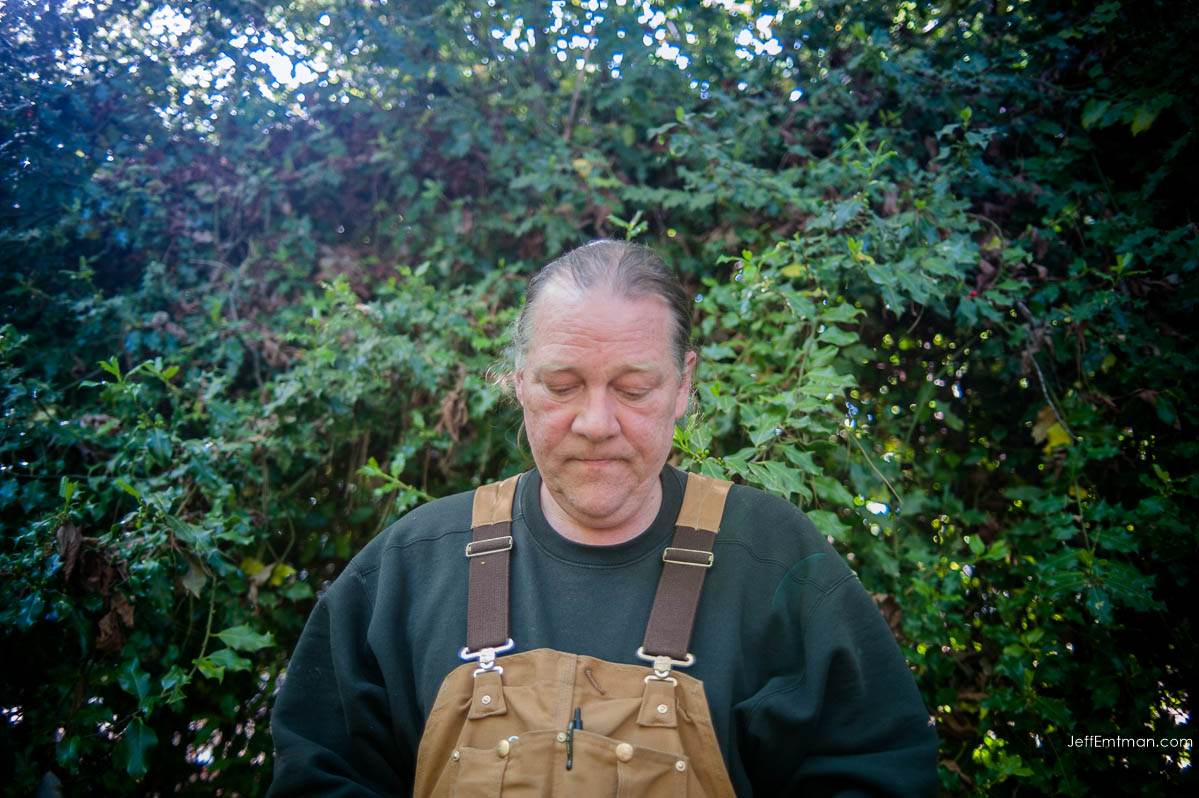HBM150: Cold Water
/Image by Jeff Emtman
The origins of Julia Susara’s chronic fatigue are hard to pin down. She still doesn’t know exactly how it started but suspects that a deeply broken heart had something to do with it.
Content Note: Discussions of suicidal ideation.
Juila spent about three years going through some excruciating physical sensations: immense chills, brain fogs, pregnancy nightmares and the feeling that her blood was about to boil through her skin.
Doctors weren’t able to figure out what was wrong, nor were the array of alternative healers she visited. Feeling that no one was able to help, she was at the edge of giving up.
But, at her brother’s suggestion, she reluctantly visited a hypnotherapist who gave Julia instructions to swim daily in cold water. So she started jumping in the ocean each day and felt a strange and near immediate change in her symptoms.
If you’re feeling suicidal, here are some numbers you can call to speak with someone who will listen:
USA Suicide Lifeline: 1-800-273-8255
UK Samaritans: 116 123
Canada Crisis Services: 1.833.456.4566
Japan Tell JP: 03-5774-0992
Australia Lifeline: 13 11 14
Denmark Livslinien: 70 201 201
Other countries: check the list available at suicide.org
Producer: Jeff Emtman
Music: Julia’s choir group and The Black Spot
This episode marks the end of Season 9. Season 10 is coming, but the date is currently unknown. Stay subscribed! And keep an eye on the HBM Patreon page for an upcoming message with a season debrief and some musings about the show’s future. That post will be public, so no need to be a member to read it. Also, please note that due to some summer busy-ness, Jeff will not be able to run an HBM summer art exchange this year. Thank you for all your support through Season 9. It is such a pleasure to make this show.
Sponsor: Animasus
Emilius Martinez is an illustrator and designer who runs Animasus. Animasus can help you design email campaigns, websites and improve the overall branding for your business.
Speaking of which, Emilius designed the new HBM t-shirt, which is wonderful. Thank you Animasus for sponsoring Here Be Monsters!
Look! It’s the new HBM shirt. Designed by Emilius Martinez from Animasus. Order yours today!














